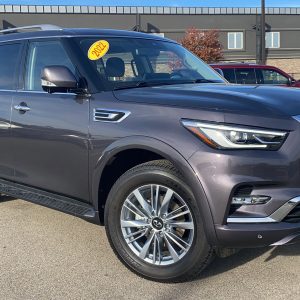If you’re in the market for a used car, it can be tough to know whether or not that rusty old hatchback is worth its asking price. It’s important to remember that when it comes to buying a used car, you really do get what you pay for. But there are still certain things you should keep in mind before laying down your cash—these are the “essentials” of buying a used car.
Buying a used car is a complicated process, so it’s important to make sure you’re working with a reputable dealer. The main thing to watch out for is “junk yards,” which are used car dealers that advertise high prices and low-quality vehicles. In fact, junk yards often take in cars that have been wrecked or stolen, which can make them extremely risky to buy from. Another potential red flag is if your dealer has been in business for less than a year. These dealers tend to be inexperienced and will have no idea what an accurate market value for their cars should be. That may have changed by the time you get your car home, but not before you’ve paid several hundred dollars more than you should have. And if you’re an individual who isn’t well-versed in vehicle maintenance, it’s best to stick to buying from a reputable dealer or an independent mechanic.
A used car’s maintenance and repair history are incredibly important. The first thing you should do when buying a used car is taking the time to figure out its maintenance history. This can be done through the manufacturer’s service records (which should always be available for information purposes if you ask nicely), vehicle inspection reports, and other documentation provided by your dealer or mechanic.

If you have the time and patience to research the car, you should also check out the Carfax report, which tracks a vehicle’s history and provides information on accidents and repairs. Although the information is usually too extensive to be easily understood for a used car, it will at least give you the basic facts about a car’s past. And if this step isn’t necessary for your situation, it’s still important that you ask your dealer how long they’ve been in business and how long they’ve had their current inventory.
Buyers should also familiarize themselves with what they’re buying—whether that’s a specific model or make or simply an idea of what kind of used car they want to buy. It’s a good idea to check out all the different types of used cars in pawtucket ri on the market, so you’ll be sure to choose the one that best suits your needs.
It’s also important to get an idea of what sort of changes you’d like to make to the car before you actually buy it. Do you want it in black with a manual transmission? How about some rims on it? It’ll help if you can think about all these things beforehand because (unlike when you’re buying a new car) there’s no room for error here—you’re going to have to deal with rust and potentially broken parts sooner or later.




